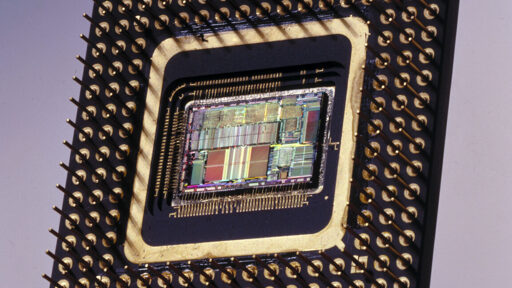

Linode. I don’t trust the parent company but who can you trust? It’s super easy to setup and like $5 a month for a small scale project that isn’t mission critical.
Note: I would never use it for a paid or really important thing. If you expect your Boy Scout group to have 50,000 users one day, it’s not fit for purpose. It’s more than fine for a little league schedule or whatever.




Typically with Debian distros, I set security updates to be automatic and I just go in every now and then and update the rest. But I pretty much only use it on servers and Raspberry Pi side projects.
To be clear to people who find this, none of these distros we’re talking about are for massive scale. We’re talking personal stuff, side projects, small businesses, etc. Don’t put Kali Linux on your laptop. It’s made for a specific purpose.